/ʃ/ は英語の“sh” の音を表します。できるだけ、英語のアルファベットやカタカナではなく、IPAの発音記号を使ってください。カタカナに頼ると、英語の発音が上達しません。
それでは、/ʃ/を正しく発音するにはどうしたらよいでしょうか?まず、舌の両側を丸めます。しかし、その時に舌が口の上部に触れません。舌と歯茎の隙間から息を出します。/ʃ/は無声の音ですので、声帯を振動させずに発音します。唇を少し丸めると、よりネイティブらしい発音に近づきます。
それでは、皆様「she」、「sheep」と「ship」を発音してみましょう。どうでしょうか?日本人には/ʃ/はそれほど難しくないと思います。しかし、難しいのは、/ʃ/に似ている/s/と/ʒ/という音を区別することです。もう一回「ship」を発音してみましょう。声を出しながら、手を喉に当ててみて下さい。「ship」と言う時に、喉が振動していないことを確認して下さい。 /ʃ/は無声音ですので、発音する時に、声帯は振動しません。
先程、僕は「sh」はよく/ʃ/の音を表すと述べましたが、他の英語のアルファベットも/ʃ/の発音になることがあります。
通常/ʃ/の発音となるアルファベットの字
Sh : she, shut, finish.
/ʃ/の発音になるその他のアルファベットの組み合わせ
ti vacation, patient
ci official, delicious
si tension, mission
sci unconscious
ch chalet, mustache
s sure, sugar
時々/ʃ/という音になるアルファベットの組み合わせ
xi: anxious
ce: ocean,
さて、[ʃ]の発音に注意しながら、以下の例文を読み上げてみましょう。そして、僕のネイティブの発音を聞くように、以下のオーディオファイルを使って下さい。
Sure You sure are beautiful.
あなたは本当に綺麗ですね。
この場合は「sure」は「本当に」という意味をします。
Machine What would it be like to live without machines?
機械なしの生活はどうかな?
Cash The robber hid the cash under his bed.
強盗はベッドの下に現金を隠した。
Options You don’t have many options left.
もうあなたには選択肢がほとんどない。
Should Should I leave now?
今出たほうがいい?
Chicago I wish I could go to Chicago
シカゴに行きたいな。
Finish Aren’t you finished yet?
まだ終わっていないの?
Shoes Hey, nice shoes buddy.
おっ、いい靴履いてるじゃん。
- キーワードで記事を検索

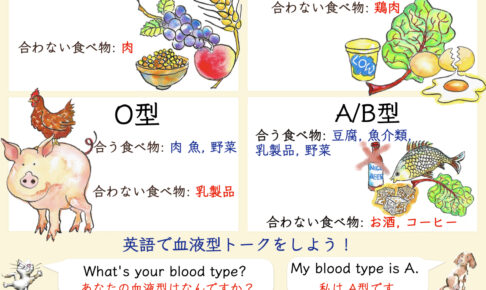
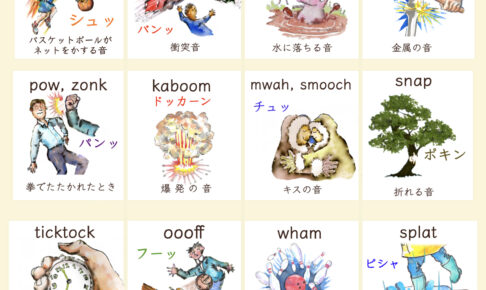
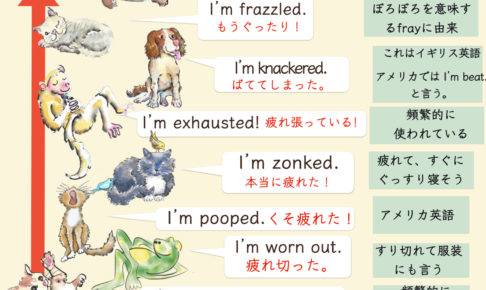
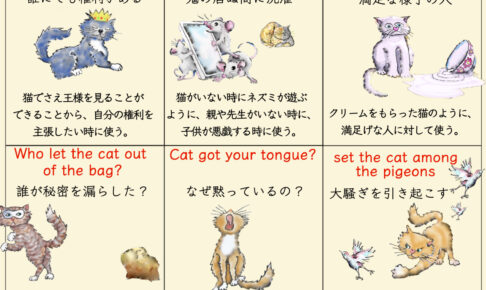




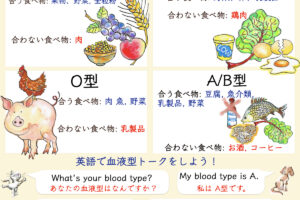
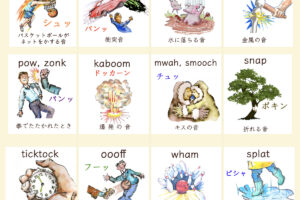
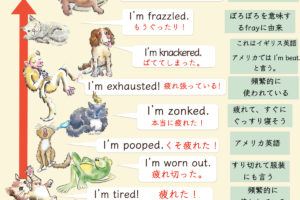
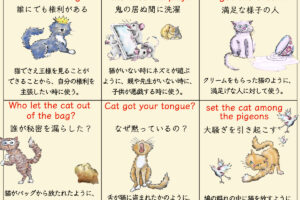
[…] 英会話 ← 英語の発音の記号 - /ʃ/ ネイティブの発音のガイド […]
と〜〜っても、参考になります。
どうもありがとうございます。
日本人にとって、発音が一番難しいです。
No problem. I’m glad the article was helpful.
Luke
なるほど、舌はくっつけないのですね。
では、口や舌の動かし方はおなじで、喉を震わせると、ジュの発音になるのでしょうか?
ところで、発音記号のAに似たもの(真ん中の棒がない)とeをさかさまにしたものの発音の違いがよくわからないのですが、もしよろしければいつか違いを説明してもらえますか?><
I like this blog(website?), thanks for the explanations 🙂
Hi Luke,
I wonder why you described that it might be difficult to distinguish pronunciation ” ʃ ” from pronunciation ” ʒ “.
Because,it is same mouth position for pronunciations when making the sounds which are ” ʃ ” and ” ʒ “.
1.the tongue
・ raises a bit in the middle.
・doesn’t touch the roof of the mouth
・does press against the inside corner of the top theeth
・reaches up towards the roof of the mouth without touching
2. the front part of the tongue
・ comes down
・far enough back that it’s not touching anything in the mouth
・the tip of the tongue comes back down behind the teeth which are closed.
3.the lips
・the corners of the lips come in
・come away from face
・more of the teeth are exposed
4.the soft palate
・raised
5. the teeth
・closed
・come together
It looks like the square mouth.
If I look the mouth at side angle,the mouth looks like a duck’s mouth.
*ʃ :unvoiced & air passes
(E.g)
・should
ʃəd
・shall
ʃəl
・ship
ʃɪp
・dish
díʃ
・she
ʃiː
・shopping
ʃˈɔpɪŋ UK
ʃάpɪŋ US
*ʒ : with vocal cords
(E.g)
・joint
dʒˈɔɪnt
・job
dʒˈɔb UK
dʒάb US
・decision
dɪsíʒən
・occasion
əˈkeɪʒən
・just
dʒˈʌst
・joy
dʒˈɔɪ